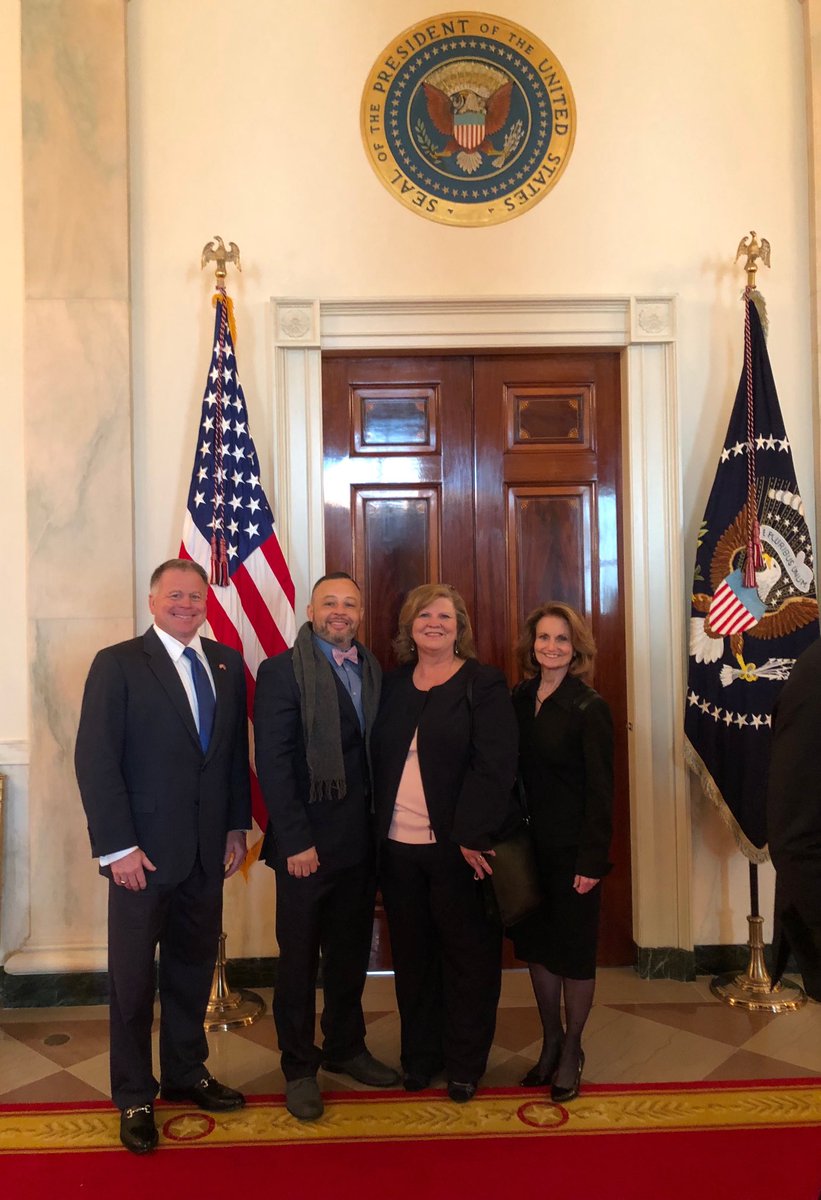Many developments and initiatives have been implemented, and state and federal plans have been announced, that all have one common goal: to mitigate the opioid epidemic sweeping across Tennessee and our nation.
Judge Duane Slone made the trip from East Tennessee to the White House in early March and the next day continued on to New York to appear on The Today Show with Megyn Kelly. Judge Slone is the chair of the Regional Judicial Opioid Initiative and is advocating for the expansion of drug courts, among other needed policy changes. In his Today Show appearance, Judge Slone discussed what it’s like to see the first-hand rewards of encouraging addicts to seek treatment and recovery therapy, many of them pregnant women whose unborn children are at risk of suffering from NAS – neonatal abstinence syndrome. When asked what it’s like seeing healthy babies born from mother’s who’ve conquered their addiction, Judge Slone said, “It’s the most gratifying things I get to do.”
Administrative Office of the Courts Director Deborah Taylor Tate has assumed her role as co-chair of the National Opioid Task Force, funded by the State Justice Institute (SJI) and the National Center for State Courts (NCSC). Her co-chair, Indiana Supreme Court Chief Justice Loretta Rush recently provided commentary for an article in the February/March issue of Courts Today. In the article, titled Opiates for the Masses: How is it Impacting your Court?, Justice Rush likens the opioid crisis to, not just a flood, but a tsunami, infiltrating its way into every court imaginable.
In the article, Justice Rush “points out that it is not just a criminal matter. It is also a matter for debt cases, guardianship cases, and commitment cases for situations in which a family may have a member who had overdosed numerous times, and the family wants to force them into hospitalization.” Chief Justice Rush goes on to describe how the number of foster care cases in Indiana have doubled. “She notes, though, that the judiciary does have levers to pull, and the courts have an important role in finding solutions.”
She relays that “information sharing across jurisdictions, developing new drug courts, and promoting regulation of treatment are those levers the judiciary can use.” Improving communication between states regarding foster care for children will also be a huge step in the right direction, especially for children with family members living in other states.
The National Opioid Task Force has recently launched a new website, which includes news, statistics, reports, and recommendations. There are a large number of resources available to judges looking for information on child welfare, medication assisted treatment, and policy reforms.
President Donald Trump announced his federal plan to combat the opioid crisis on Monday, March 19th in New Hampshire. The judiciary was also called into action through the administration’s initiatives. The President called for a “tough” law enforcement approach, particularly the death penalty for drug traffickers, as Congress wrestles with treatment funding.
President Trump’s plan outlines a call for opioid prescriptions to be reduced by one-third within three years, as well as guaranteed access to overdose-reversal drug Naloxone and for the Justice Department to seek more death penalty cases against drug traffickers. A national marketing campaign that highlights the dangers of drug abuse and encourages addicts to seek treatment options is also in the works. President Trump called on the Department of Justice to bring major litigation against opioid-producing and distributing drug companies to a federal level and commended the states for following through.
Last November, President Trump’s Opioid Panel called for an increase of drug courts across the country, where addicts convicted of non-violent offenses are channeled into treatment programs that require court appearances and mandatory drug testing.

